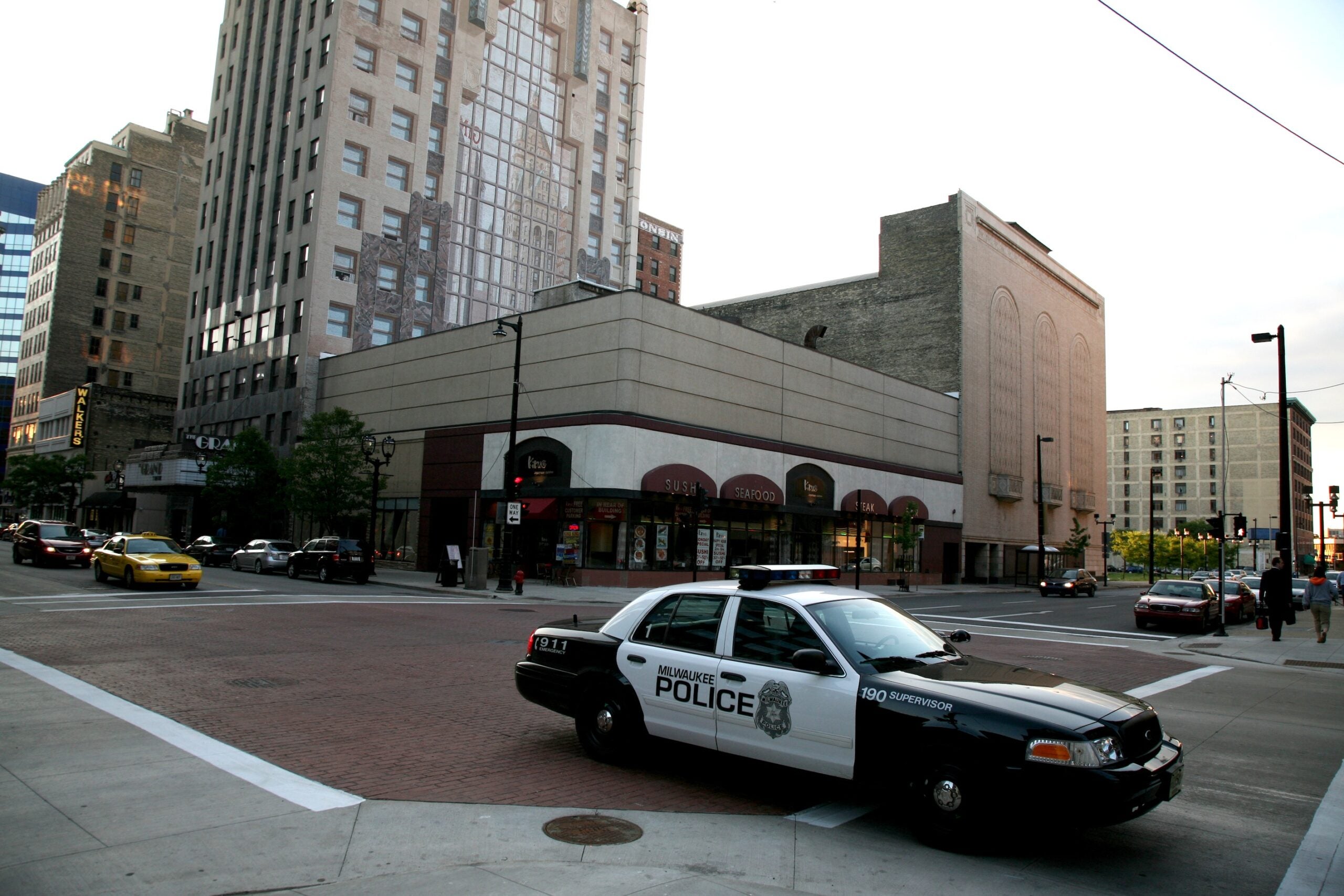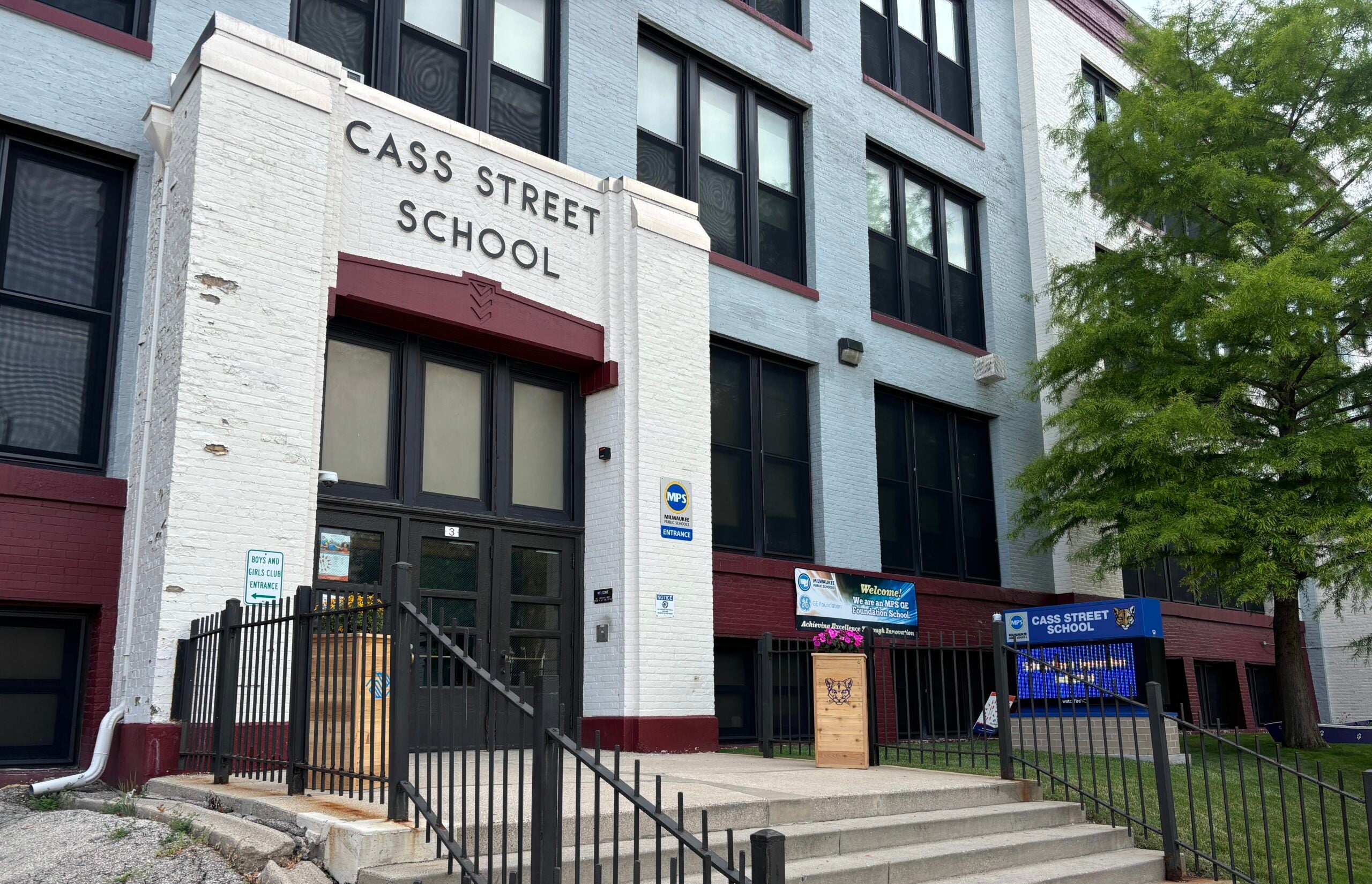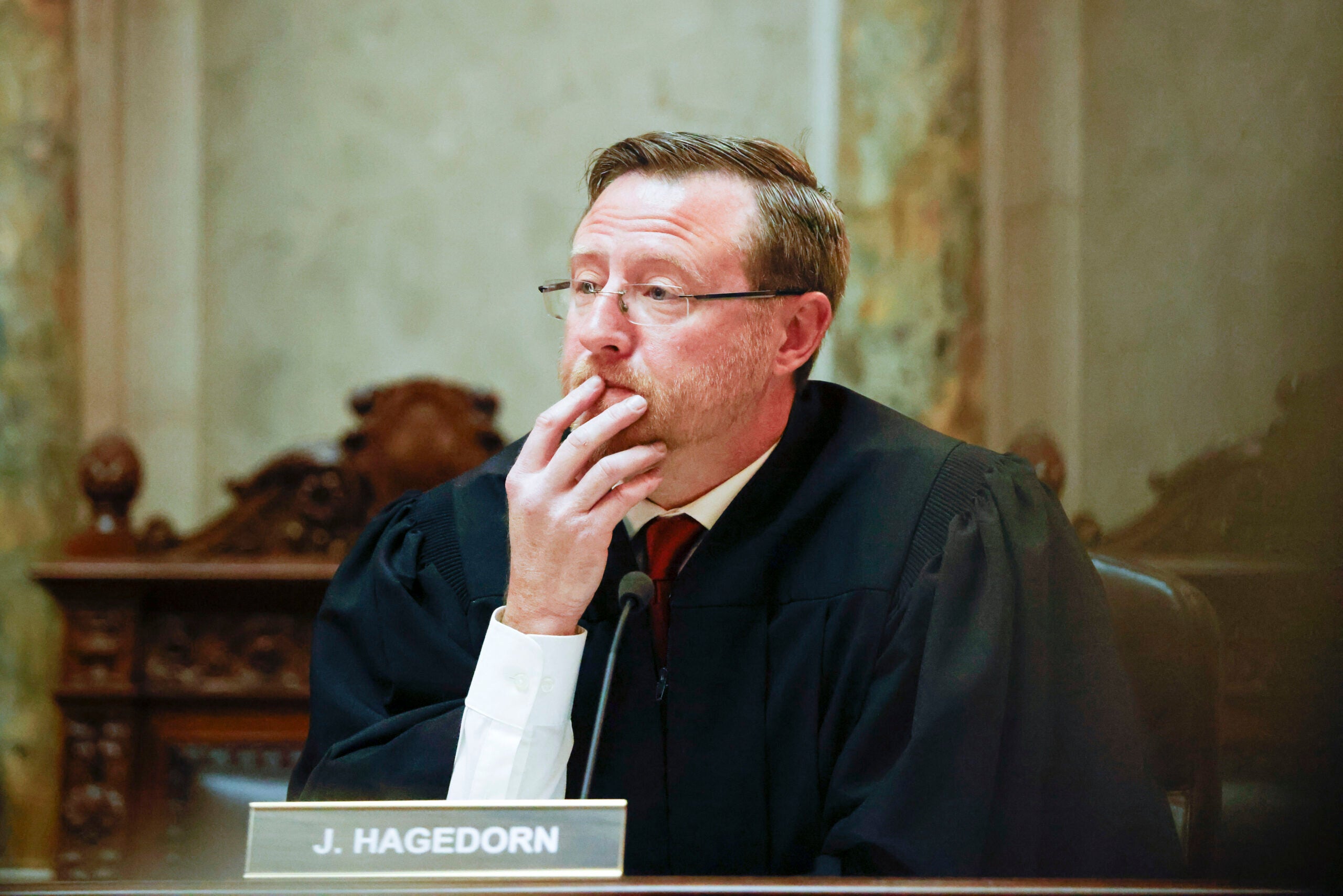The Wisconsin Supreme Court has ruled in favor of a law that allows municipal workers to live outside city borders, ending a longstanding policy in Milwaukee that required workers like teachers, police and firefighters to reside there.
The court’s 5-2 conservative majority sided with a police union that challenged the city’s rule after Republican lawmakers created a statewide ban on residency requirements in 2013.
The president of the Milwaukee police officers union said the decision makes it clear that Wisconsin municipal employees share the same right of other citizens to reside where they desire. Dave Seager, president of the Milwaukee Professional FIrefighters Association echoed that statement, saying the ruling gives his 130 members choice.
Stay informed on the latest news
Sign up for WPR’s email newsletter.
“To either stay in the city or to find residence elsewhere and to provide for their families or for themselves,” he said.
Seager said he’s heard that some firefighters will move, but many others will stay in Milwaukee, and regardless of where they live, emergency responders will remain dedicated to providing services to city residents.
But Milwaukee Mayor Tom Barrett said the ruling will hurt the city, in part by leading to fewer off-duty officers being around to respond to emergencies. He also accused state Republicans of undermining local authority.
“The Republicans control the Assembly, the Senate, the governor’s office and the Supreme Court of this state,” he said. “It’s a sad day for Wisconsin, because this Supreme Court has just ripped away local control in the state of Wisconsin.”
Barrett said the court is rewarding Milwaukee police and firefighter unions that have backed conservative judicial candidates. In a press release the police union called the decision “both right and just.”
Firefighter union head Seager explicitly thanked Republican legislators and Gov. Scott Walker for acting on the residency law.
Wisconsin Public Radio, © Copyright 2025, Board of Regents of the University of Wisconsin System and Wisconsin Educational Communications Board.




